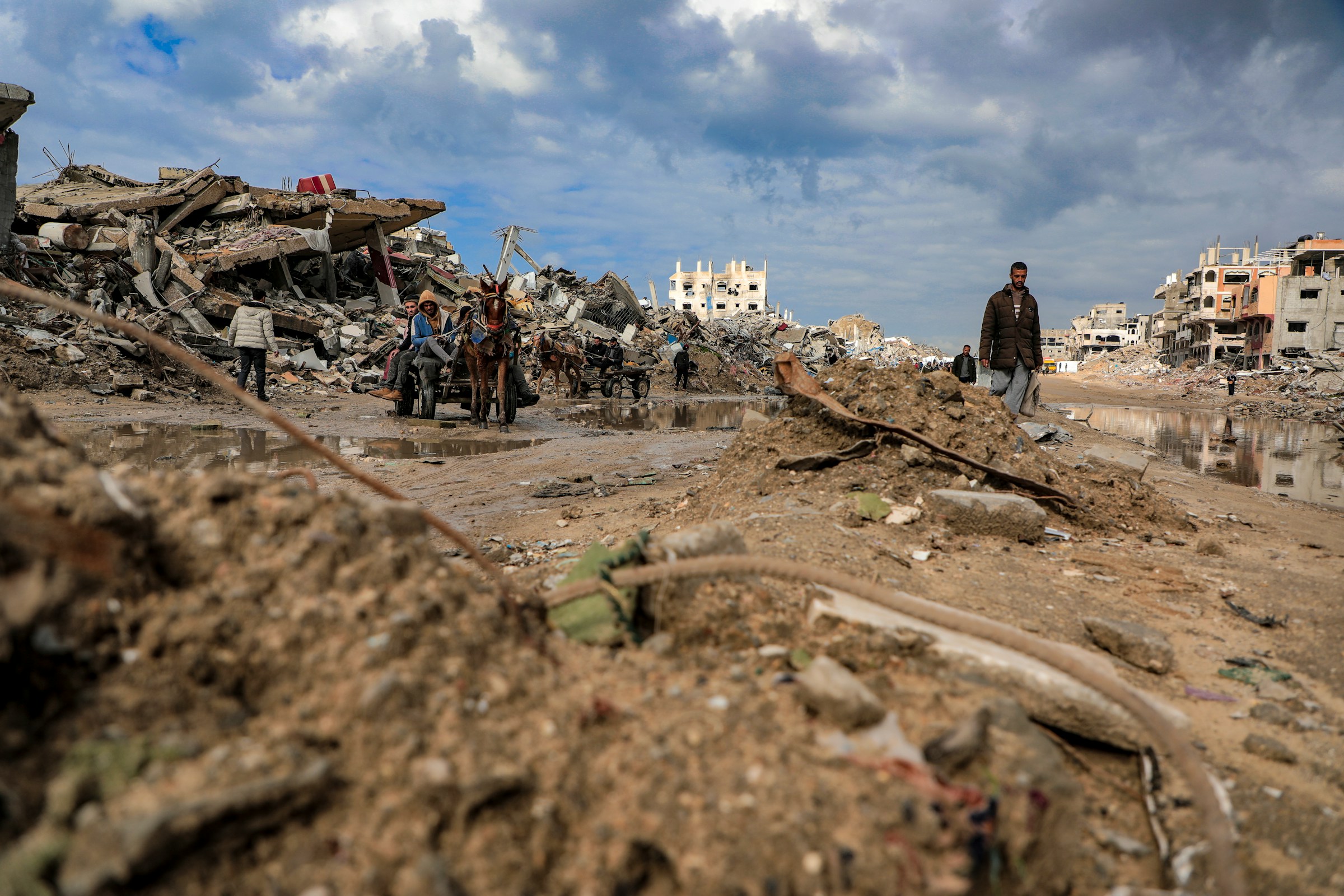French President Emmanuel Macron’s decision to recognize a Palestinian state has jolted European and Middle Eastern diplomacy, and the immediate reaction from Israel has been swift and pointed. Israeli leaders argue that recognition rewards violence and will harden positions rather than open a political lane. The Wall Street Journal reported a marked escalation in rhetoric and response, including Israeli approval of a new West Bank settlement, a move that underscores how quickly political gestures can translate into territorial entrenchment. Language on both sides has sharpened. Prime Minister Benjamin Netanyahu accused Macron of fueling antisemitism, a charge the French presidency dismissed as abject and false. This is not a semantic quarrel. It reveals a widening gap between France’s bid to force a diplomatic pathway and Israel’s insistence that security realities dictate sequencing. Reporting from El País and the Associated Press captured the exchange and France’s forceful rebuttal, while noting the domestic sensitivity of antisemitism in a country with Europe’s largest Jewish community.
The transatlantic crossfire has intensified. Paris summoned the US ambassador after comments from Washington’s envoy in Paris echoed the Israeli critique and questioned France’s record on antisemitism. This marks a rare public rift with a close ally, and it raises operational questions for any coordinated Western strategy around Gaza and the West Bank in the months ahead.
France is not acting alone, yet it is not marching in formation either. Some Western capitals have signaled that recognition could come, but the conditions and timing diverge. The Wall Street Journal noted that the United Kingdom tied recognition to an Israeli cease-fire agreement, while Australia and Canada are considering their own steps. Reuters added that London and Ottawa have resisted French pressure on pace and sequencing, underlining a coalition that agrees on the destination but not the route. The Atlantic Council has framed this as broader momentum among developed democracies, though consensus on prerequisites remains thin.
Through a strategic lens, this is a bet on leverage. Paris believes recognition can marginalize Hamas, strengthen the Palestinian Authority, and create diplomatic gravity for a renewed process. Israel sees the inverse. From its perspective, recognition without demilitarization, governance reform, and security guarantees risks entrenching a divided Palestinian polity while encouraging external pressure that will not change local threat assessments. That divergence explains why political statements in Paris are meeting immediate policy riposte in Jerusalem. It also explains why a French recognition timeline linked to a UN moment has triggered preemptive moves rather than concessions.
The business and policy spillovers are already visible. In defense and security, access and optics matter. Any perceived tightening by Paris around Israeli defense participation in European venues will be noticed by procurement planners and investors, even if contracts are not formally blocked. In capital markets, European and North American institutional investors will watch for new compliance friction points related to settlement activity, export controls, and NGO scrutiny. Firms with exposure to Israeli tech, West Bank logistics, or humanitarian corridors will face higher disclosure burdens and reputational diligence, especially if announcements in European capitals are followed by domestic guidance on screening and risk labeling. Political gestures rarely move capital flows on their own, yet they change the risk notes underwrite committees read aloud.
Regional contrasts sharpen the point. In the Gulf, normalization tracks and investment dialogues were built on a security-first logic, anchored by quiet coordination with Washington. France’s move introduces a parallel storyline in Europe that prioritizes political recognition as a catalyst. That puts multinational operators in a bind. They must prepare for simultaneous and sometimes contradictory demands: engage productively with Israeli partners and regulators, maintain humanitarian safeguards and reporting, and avoid missteps with European public opinion that could spill into procurement or licensing. None of this is automatically fatal to dealmaking. It is operationally messy, which is often enough to delay decisions or reprice risk.
There is also a contrarian case to temper expectations. Recognition may be historic as symbolism, yet critics argue it will not alter the tactical facts. The Washington Post warned that absent a credible Palestinian governance pathway and a decisive break from armed factions, recognizing statehood could harden positions without improving lives or security. That assessment dovetails with a broader realist view in parts of Washington and Jerusalem: change must begin with power, security, and administration, not with ceremony.
For operators and strategy leads, a few practical implications follow. First, treat the next quarter as policy theater with compliance consequences. If Paris formalizes recognition on a UN-linked timeline, expect noisy cross-statements and episodic escalations on the ground. Second, map exposure to settlement-linked supply chains and real estate data. If scrutiny intensifies, the diligence burden will sit with you, not your counterparties. Third, stress-test people and assets for scenario volatility. Flight and shipping routes, staff movement in and out of Israel and the West Bank, and insurance coverages need a fresh look. Finally, use this window to elevate internal decision rules. Tie market exposure to clear thresholds related to access, data transparency, and humanitarian compliance. If these degrade, that should trigger pre-agreed responses that are operational rather than rhetorical.
What this says about the market is clear enough. Europe is asserting a political role that complicates Washington’s sequencing, and Israel is signaling that recognition without security tradeoffs will be met with facts on the ground. The result is not a clean pivot to peace nor a decisive rupture in alliances. It is a higher-friction operating environment in which symbolism travels fast and compliance follows. Recognition may be the headline, but governance, security, and due diligence will decide the outcomes.










.jpg&w=3840&q=75)




